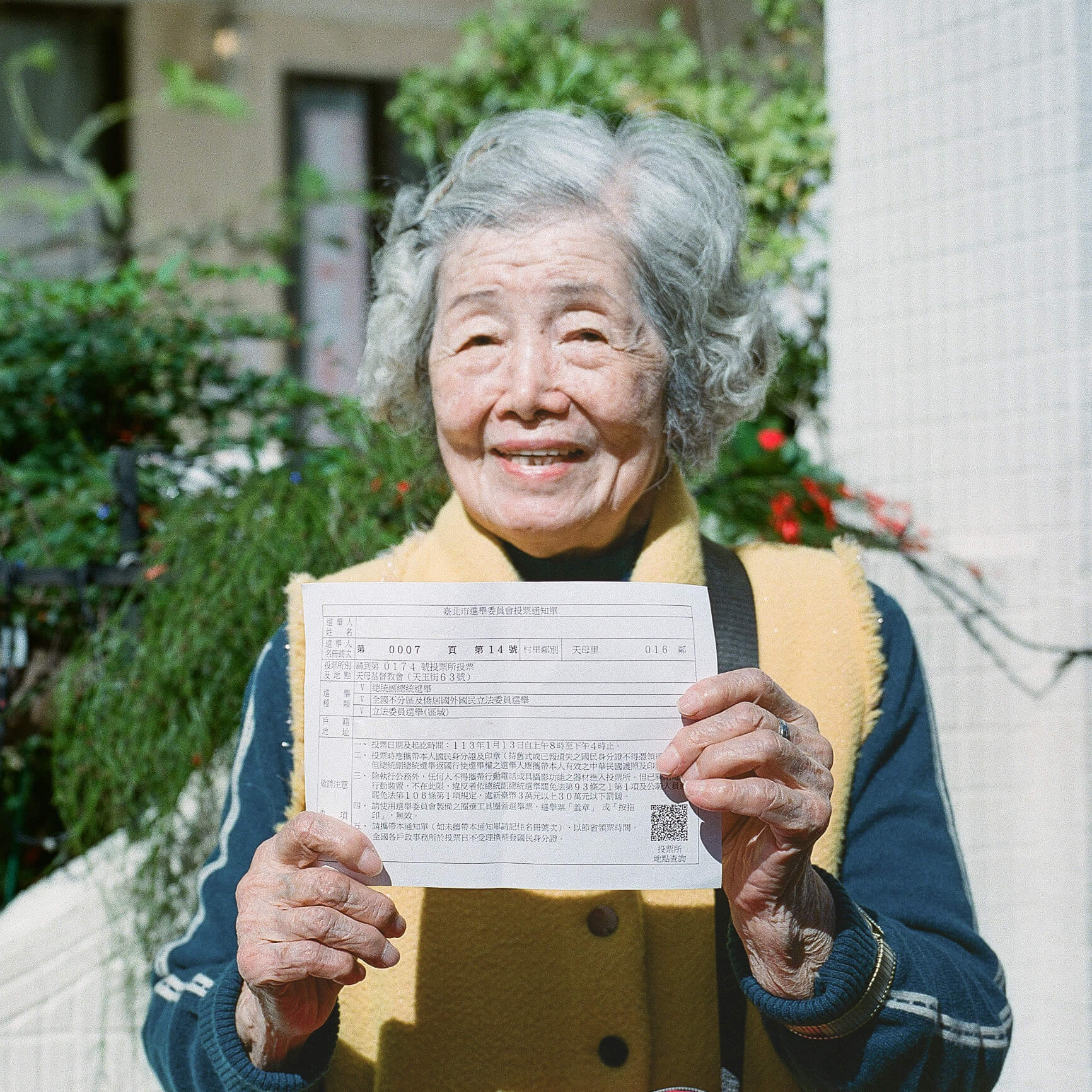The project draws inspiration from IORG’s practice of monitoring Taiwan’s current information environment—much like our ancestors once spent years observing the natural world to identify seasonal cycles, eventually creating lunar calendars that guided our life activities throughout the year. Just as earlier societies observed the rhythms of nature to decide on farming rituals, “Information Operations Calendar” maps the seasons of disinformation. Each month, the calendar introduces a disinformation phenomena predicted to be “in season,” based on IORG’s research. It is paired with a photographic response – an image I created to reflect, question, or resist the narrative’s emotional and political logic.
Beyond exploring the relationship between time and politics, the piece also engages with Taiwan’s shifting national holidays. In 2025, Taiwan revised its public holidays, adding five more national holidays including Taiwan Retrocession Day. “Information Operations Calendar” raises questions about who decides what we remember, and when. The calendar, as a format of timekeeping, becomes a quiet but powerful ideological tool. Like media narratives, it tells us what to pay attention to and what to ignore.
Wei-Lun Lin X IORG
Wei-Lun Lin
Wei-Lun Lin is a photographer and visual artist from Taipei, Taiwan. He holds a Master’s degree in Photojournalism and Documentary Photography from the London College of Communication.
Gravitating towards research-led and long-term projects, Lin’s work explores a range of social issues in Taiwan, including Taiwan Strait geopolitics, Indigenous rights, and climate justice. His work has been featured in The PhotoBook Museum, Landskrona Foto Festival, Singapore International Photography Festival, and Belfast Photo Festival. He also contributes photography to Condé Nast, Les Échos, and The Light Observer Magazine.
Taiwan Information Environment Research Center (IORG)
IORG is a Taiwanese civil society organization founded in 2019 to study the Mandarin-language information environment through the lens of journalism, political science, data science, and psychology. Grounded on public data and scientific methods, IORG conducts evidence-based research, public communications, and school education programs, in order to counter information manipulation, facilitate public discourse, formulate a shared understanding of the Mandarin-language information environment, inspire trust, and strengthen resilience in Taiwan’s democratic society.

